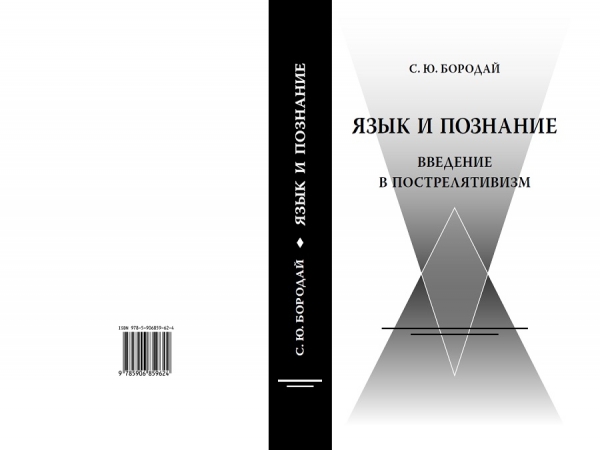The “Language and cognition. Introduction to post-relativism” monograph written by S.Yu.Boroday and edited by V.A. Lektorskiy and A.V. Smirnov has been published with the support of the Ibn Sina Foundation and the RAS Institute of Philosophy.
The book examines the impact of the structure of a language on the cognitive abilities of its speakers, also known as linguistic relativity. The first chapter contains a detailed analysis of the development of relativist theories from the end of 18th centuries to 1990s. The second chapter is devoted to the comparative research carried out in 1990s-2010s on the matter of space semantics, conceptualization of time, colour terminology and other empirical and theoretical issues related to the neo-relativist school in psycholinguistics and cognitive anthropology. The third chapter presents a new model of interrelation between the structure of a language and cognitive processes, which is referred to by the author as post-relativism. It also outlines a plan for future post-relativism research. Drawing on numerous examples (250 languages and hundreds of empirical studies), the author demonstrates that the language is involved in the work of many cognitive mechanism on a real-time basis, which affects the cognitive style of its speakers.



